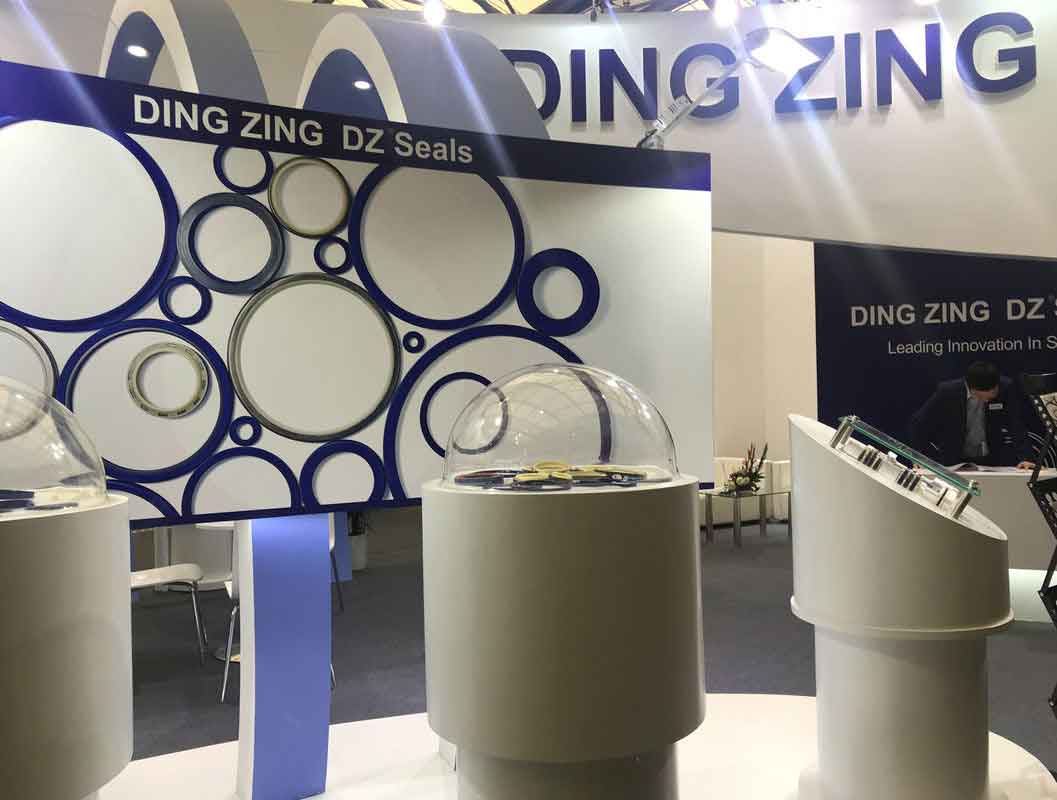In many hydraulic systems, the first line of defence comprises hydraulic wiper seals. They are also a problem that most people who use hydraulic equipment have to deal with all the time. Hydraulic oil contamination significantly affects how long seals last and how well they work. Small scratches and gouges on the surface of cylinder rods can make wiper seals wear out much faster and make it easy for contaminants to get into the system. Particles as small as 5 microns can act like sandpaper on these surfaces, causing a chain reaction of wear that gets worse and worse in these systems with tight tolerances.
Hardware and Surface Finishes
How smooth the rod’s surface is can significantly affect how long a wiper seal lasts. Scratches, scores, nicks, or spiral machining marks on the mating surface can cause leaks and wear out the seal. Generally, the better a seal works, the rougher the surface it seals. A lower finish value usually means minor wear and a longer life for seals. But a smooth finish will cause DZ ding zing hydraulic seals to wear out much faster. There can’t be any lubrication between the seal lip and the sealing surface if there aren’t any microscopic peaks and valleys. These peaks and valleys are needed to help the lubricant flow and keep the parts from touching directly, which would cause wear and friction.
Bellows/Boots
For wiper seals to work right, many things must come together. If your wiper seals fail, you can use bellows or boots as a backup plan. Bellows are an excellent way to keep dirt and debris from getting into the cylinder wiper seals and, in turn, into the hydraulic system. They keep dirt out by wrapping the cylinder rod as it moves in and out between the DZ ding zing hydraulic seals.
Bellows can be made of rubber, vulcanized canvas, Gore-Tex, injection-moulded polyvinyl chloride (PVC), or fire-resistant fabric. Even though they do an excellent job of keeping things out, they can make it hard to check the seals.
Contamination Control
If you think your hydraulic system is slow and leaking oil past the cylinders, take a filter and look at it. Dump the contents onto a white towel and look at it under a microscope. If you have an oil analysis program, look at the results to see if wear debris and elastomer contamination have gotten worse. If so, a seal may be breaking, or the cylinder may be getting worn.
Before fixing the problem parts, you need to ensure the oil is clean. Even though an online filtration system might also work, you should change the filters before starting. They might already be clogged so that they would move the dirt around the system.
Like any other machinery, hydraulic systems need to be checked every so often by hydraulic seal suppliers. Checking your systems and parts daily or weekly can save you thousands of dollars in repairs and downtime. Don’t forget that it’s much cheaper to do something right the first time than fix it later. In addition, if you don’t fix it correctly, the cycle of getting into the machine will begin again when you press the start button.


